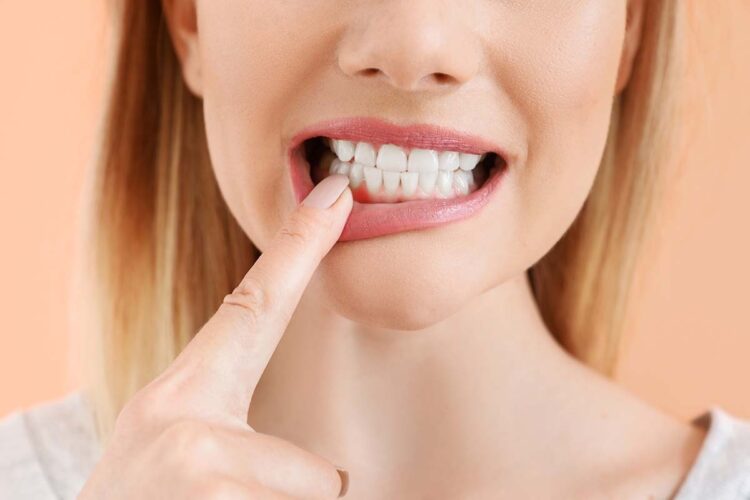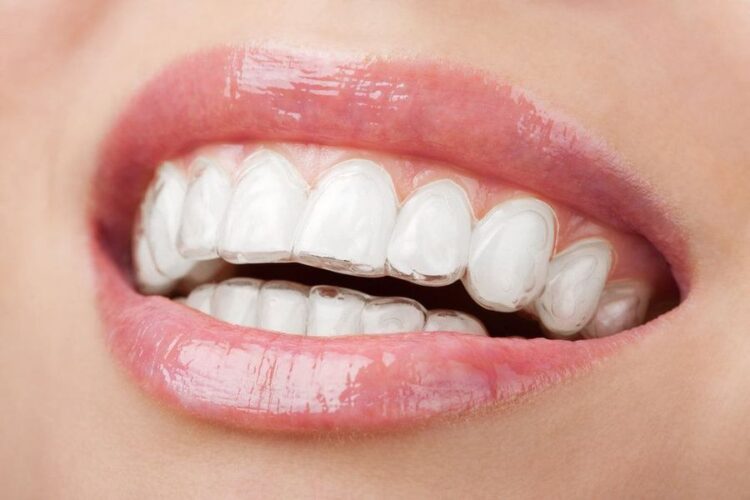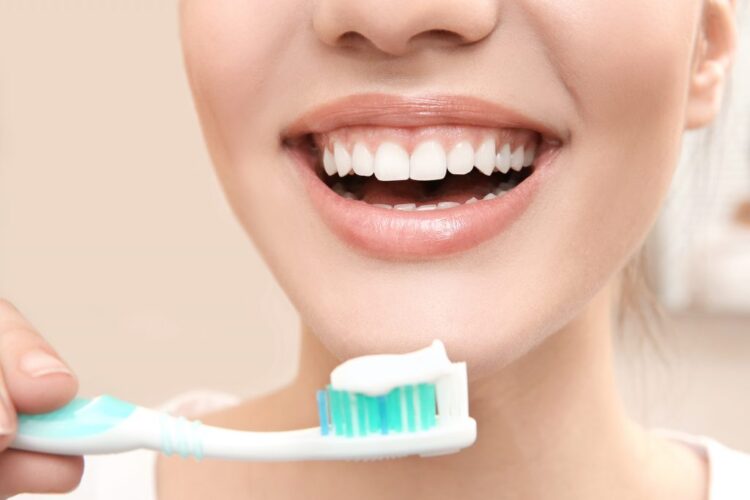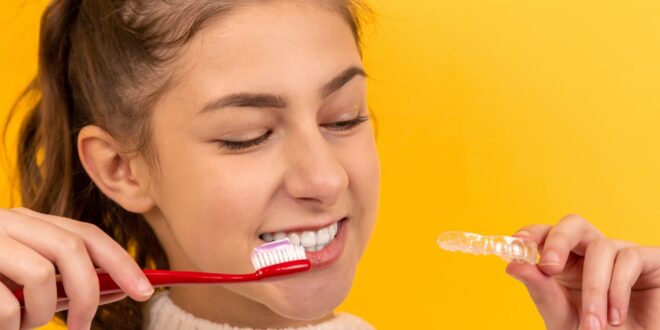Getting dental implants in Singapore could be your best way of restoring missing or severely damaged teeth. They guarantee you a reliable natural-looking teeth restoration that is durable and can last well over 30 years.
Even though dental implants provide patients with a durable, natural-looking finish, one question that bothers many is whether dental implants can also get discolored over time. To clear the air in this issue, we created this guide to dispel the myth surrounding the dental implant’s discoloration.
We also explain what you can expect after getting your dental implants in Singapore and how you can take care of your teeth implants. Read on.
Dental Implants can stain

This may come as a surprise to many, and to understand the possibility of your dental implants getting discolored, it is prudent that you understand their structure first. Now, just like natural teeth, dental implants are made with an outer protective layer that’s carefully designed to keep the dental implants in good condition.
The glaze used here is stain-resistant implying, that it cannot get stained. Nonetheless, it can also get damaged, and extensive damage may impact your tooth implant’s outer protective layer and make them discolor.
Some of the factors that may impact the glaze’s effectiveness include treating it with acidic fluoride or polishing it with abrasive material that may strip it off the surface of the crown, leaving a rough surface exposed. The rough inner surface that will be left exposed may be susceptible to discoloration, therefore, get stained.
You shouldn’t fret, though, because; this won’t put you at risk of tooth decay or cavities in most cases. Instead, it will only leave you with unsightly stains that would impact the aesthetic appeal of your pearly whites.
You may also experience staining along your gum line if you get dental implants in Singapore. This is common and mainly occurs since the bonding material used in fixing your dental implant to the titanium root isn’t natural, according to dentistatorchard.com
You can avoid these stains by maintaining regular visits to your dentist to have the stains cleaned and that area around your gumline carefully polished. You can also avoid the buildup of stains on your dental implants by keeping off foods that may increase the risks of your teeth getting stained, like red wine, berries, dark-colored soda, and coffee.
Does Smoking Stain Dental Implants? What happens if you Smoke after Dental Implants?

To begin with, we don’t endorse smoking, even if you are not considering dental implants. It is harmful to your health and impacts a lot of core activities in your system.
When you’re considering dental implants, for example, endosteal dental implants, you will only be considered an ideal candidate for the treatment if you are not actively smoking and are willing and ready to discontinue smoking. You will also need to have good general and oral health.
Ideally, smoking is discouraged because it is one of the widely known factors to impact the success of dental implants. It lowers blood circulation, implying that there will be reduced blood flow to the implant site.
You will need an adequate blood supply to support healing and the dental implant after healing. Poor circulation would also imply that there will be less oxygen binding with the red blood cells, so you won’t get the ideal amount that you need.
Lack of enough oxygen being delivered to the implant site would also impact osseointegration. This is the fusing together of the dental implant and surrounding bone.
Did you also know that cigarette smoke would also burn the oral tissues inside your mouth and may end up blocking salivary glands? With blocked salivary glands, you will end up with mouth dryness, tooth decay, and even gum disease, something that would weaken the gums and bone supporting the implants.
How do you Care for Dental Implants?

Usually, you will be given essential aftercare tips to ensure that you recover swiftly after getting your dental implants in Singapore. A qualified dental surgeon will also advise you on critical things you can do to care for your dental implants.
With that in mind, here are a few essential things you may need to do in caring for your dental implants:
Be Keen on your Choice of Toothpaste
Toothpaste should help you keep your dental and oral hygiene in check. Nonetheless, there are a few that may impact the effectiveness of your dental implant.
For instance, it is recommendable that you use just the regular fluoride toothpaste but keep off other kinds of toothpaste formulated with excessive abrasive ingredients like silica and baking soda in high amounts. This is crucial because the abrasive elements in such kinds of toothpaste may strip the glaze on your dental implants and predispose them to stain.
Use Soft Nylon Toothbrushes

You may also need to switch toothbrushes after getting your dental implants in Singapore. Soft nylon toothbrushes are recommendable because they’re made with pliable and gentle bristles that won’t harm your dental implants. Ideally, you will need to avoid toothbrushes that are made with hard bristles as they’d scratch the surface of your dental implants.
Avoid Hard/Sticky Foods
Sticky or hard foods may also damage your dental implants. They may also cause damage to the surrounding teeth. Here is a rundown of some of the foods you should avoid after getting your dental implants; ice, dried fruits, potato chips, hard candies, and caramel.
Do not Smoke. Avoid Alcohol Too

It would take your dental implants an average of 6 months to heal. As we had mentioned earlier, smoking may slow down this healing process.
Studies also link alcohol to a slowed-down healing process after getting dental implants in Singapore. It is, therefore, vital that you avoid alcohol too after getting the implants.
In Summation
Dental implants do not discolor. However, using abrasive materials on your teeth may impact their effectiveness and predispose them to discoloration. If you wish to learn more about dental implants, be sure to give us a call to schedule a date for your appointment.
 Hi Boox Popular Magazine 2024
Hi Boox Popular Magazine 2024



